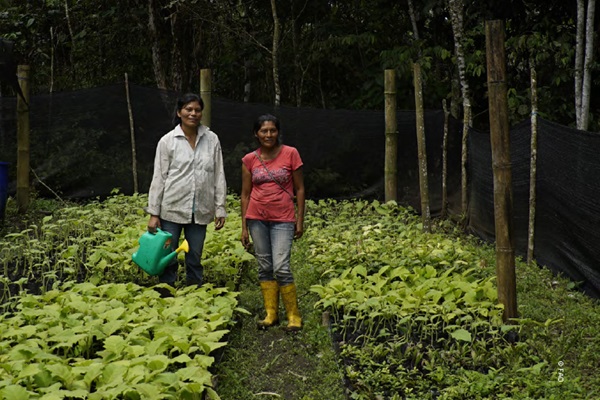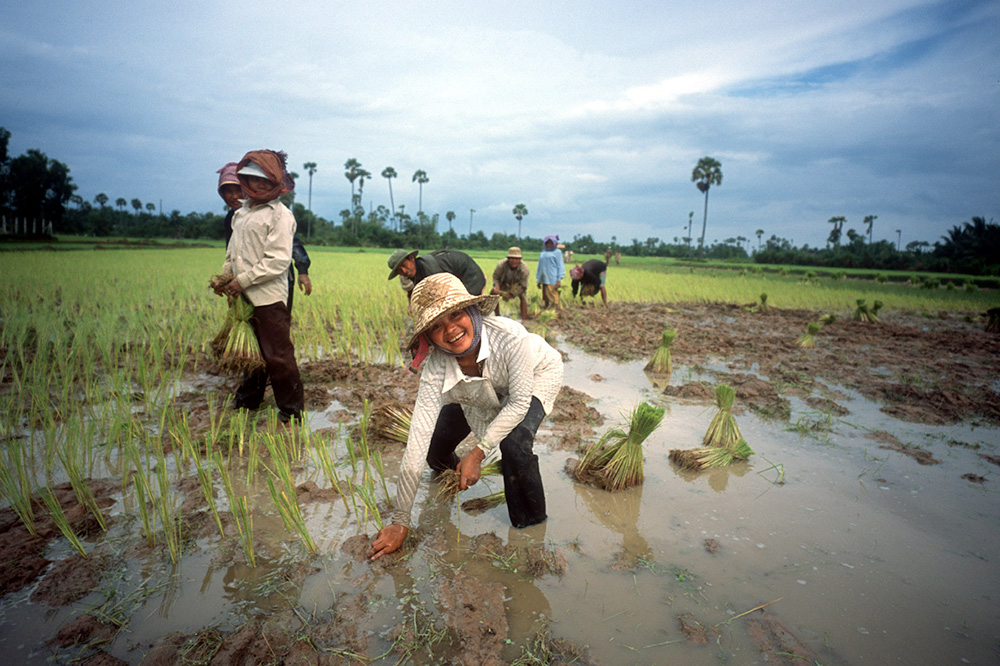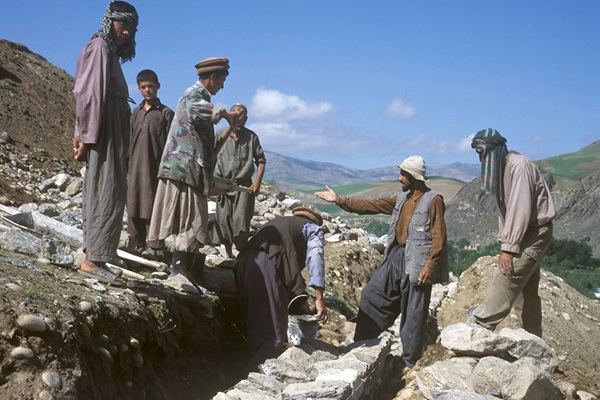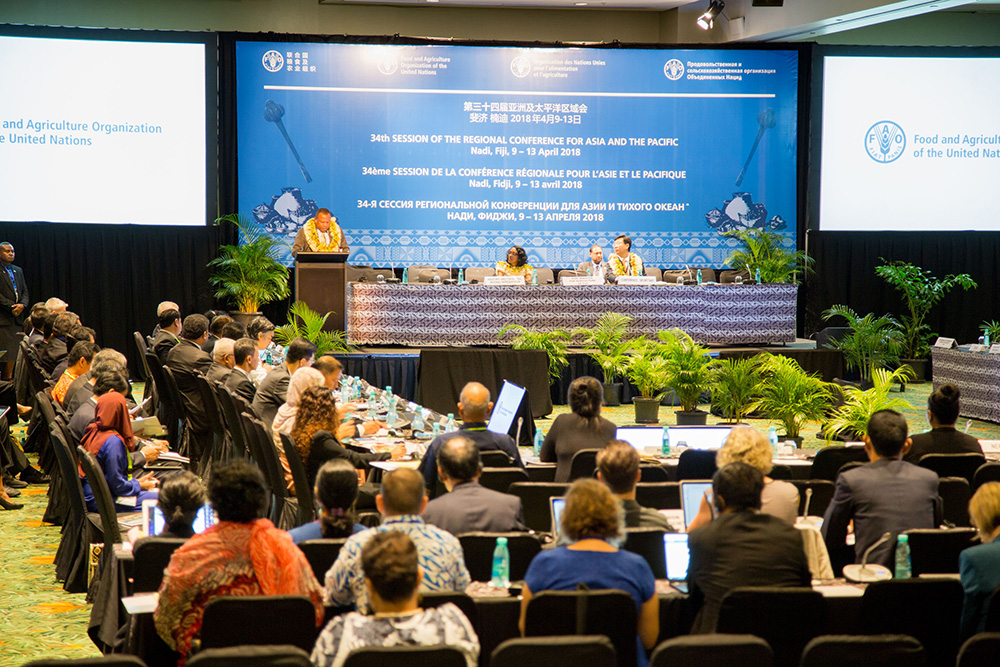Highlights on good practices related to Leave No One Behind from water-related projects
UN Member states are committed to eradicate poverty, end discrimination and exclusion and reduce the inequalities and vulnerabilities that leave people behind undermining the potential of individuals and humanity as a whole.
Leave no one behind is a fundamental aspiration in both the 2030 Agenda for sustainable development and FAO’s Strategic Framework. Equity issues are of fundamental importance, where social and economic exclusion and gender inequality are major challenges in water resources management.
Projects with an effective consideration of Leave no one behind issues are characterized by a number of key features:
⦿ The approaches were based on the systematic analysis of local social structures and traditional resource management systems.
⦿ Care was taken to ensure that all sections of the community had access to and participated in the decision-making mechanisms developed in the projects.
⦿ Participation went beyond consultation and included, in some cases, real empowerment of local communities to manage water resources infrastructures.
⦿ They included sustained efforts to build understanding and capacities in the government agencies engaged in the local-level activities.





